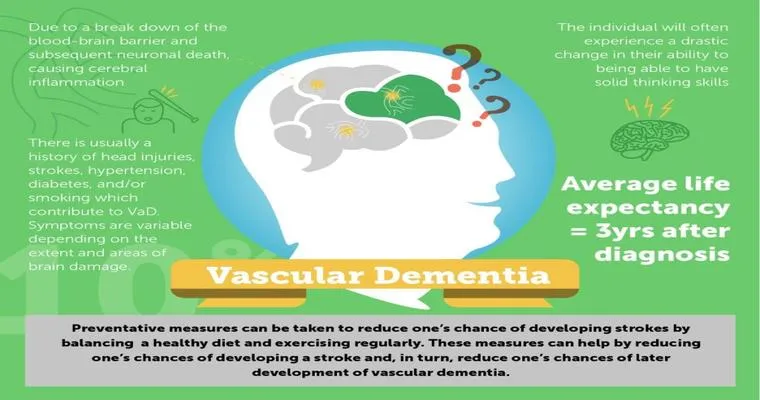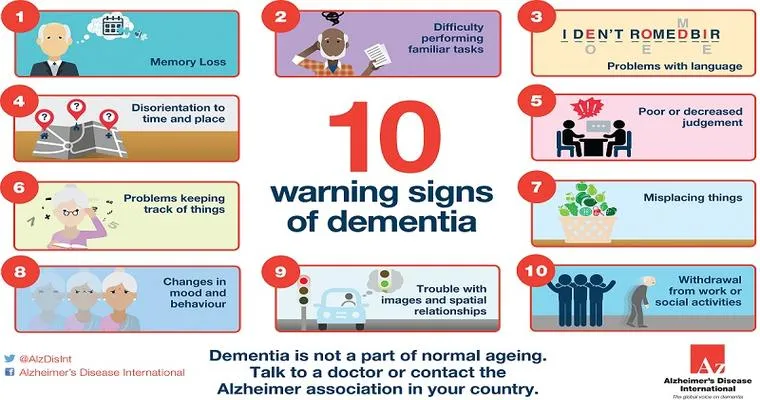As our loved ones age, it can become increasingly clear that they may no longer be able to care for themselves at home alone. This realization often brings up a mix of emotions, including concern, sadness, and even guilt. It is essential to recognize when a senior parent, like Dad, needs additional support and consider the best options for their well-being. The transition from independent living to requiring assistance can be challenging, but understanding the available resources can help ease the process.
When assessing whether "Dad" can continue to live independently, it's important to look for signs that may indicate a decline in his ability to care for himself. These could include forgetting to take medications, difficulty with daily activities such as cooking or cleaning, or even safety concerns like leaving the stove on. If these situations sound familiar, it may be time to explore alternative living arrangements.
One viable option is "in-home care services". These services provide assistance with daily tasks while allowing your loved one to remain in the comfort of their home. Caregivers can help with meal preparation, bathing, medication management, and companionship, ensuring that your father receives the support he needs without feeling isolated.
Another option to consider is "assisted living facilities". These communities offer a balance between independence and support. Residents typically have their own private living spaces but have access to 24/7 assistance for daily activities. This can be an excellent choice for families who want to ensure their loved one is safe and well cared for while still maintaining some level of autonomy.
If the situation is more complex, you might need to explore "nursing homes" or "rehabilitation centers". These facilities provide a higher level of medical care and support for seniors who require more extensive assistance due to health issues. It's crucial to evaluate the specific needs of your father and choose a facility that aligns with those needs.
Navigating this transition can be overwhelming for families. It is essential to have open conversations with Dad about his feelings and preferences regarding care. Involving him in the decision-making process can help reduce feelings of helplessness and encourage a smoother transition.
Additionally, seeking support from local resources, such as "senior advocacy organizations", can provide valuable information and assistance. These organizations can help families navigate the care landscape, understand financial options, and connect with other families facing similar challenges.
In conclusion, recognizing that Dad can no longer care for himself at home alone is a significant step in ensuring his well-being. Whether through "in-home care services", "assisted living", or "nursing homes", there are numerous options available to support his needs. By approaching this situation with empathy and understanding, families can help their loved ones maintain dignity and quality of life as they navigate this new chapter.





